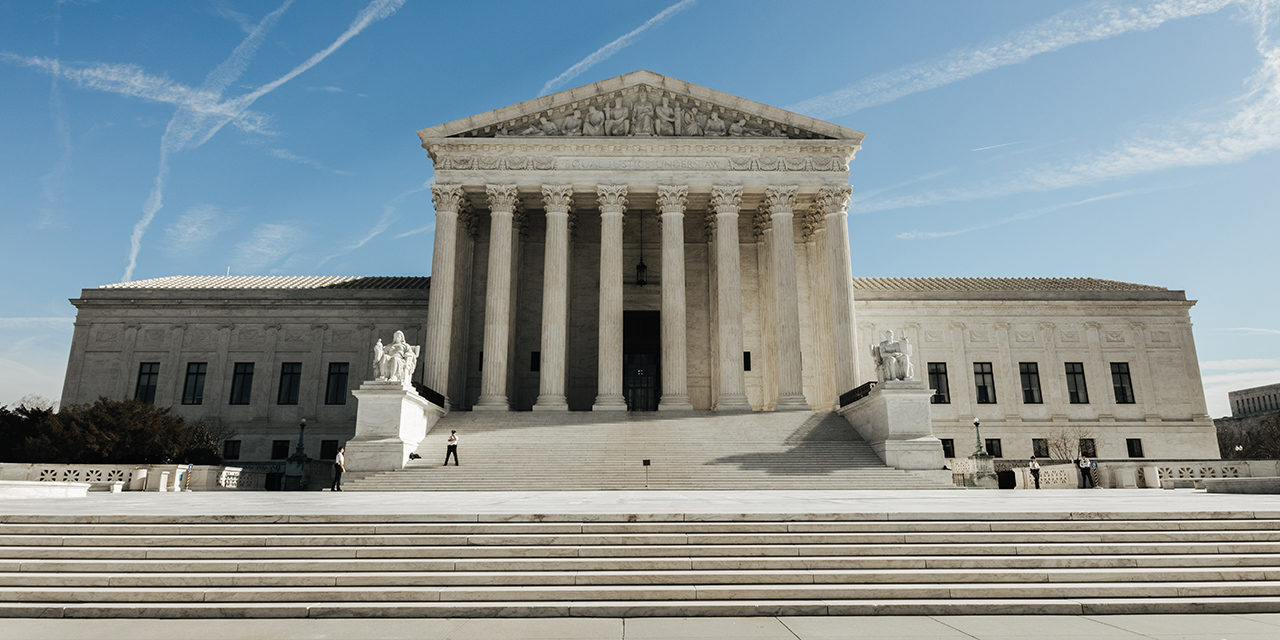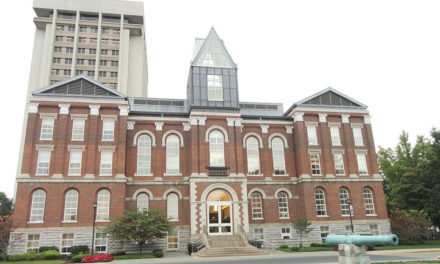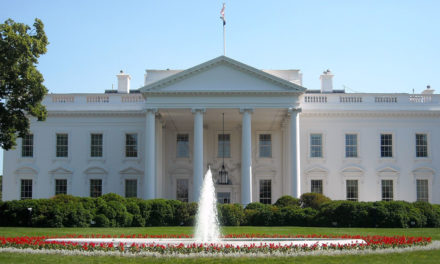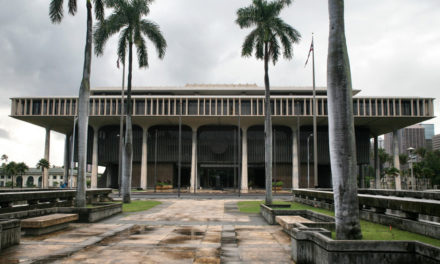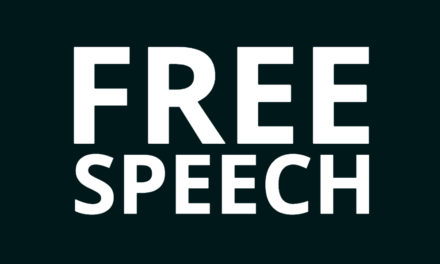The government – including public educational institutions – cannot escape responsibility for constitutional violations by simply revising bad policies when they get sued. That’s the effect of an important decision handed down today from the U.S. Supreme Court in a case involving students attempting to share Christ on a college campus.
Two students at Georgia Gwinnett College (GGC), Chike Uzuegbunam and Joseph Bradford wanted to share their faith in Christ with fellow students on campus back in 2016. The pair ran afoul of the school’s free speech policies that required reservations for a couple of tiny “free speech zones” amounting to approximately 0.0015% of campus, which were only available for 18 hours per week.
Campus police stopped Uzuegbunam twice while he attempted to talk with fellow students about Jesus. The school also demanded to see a script of what he wanted to say. When Bradford saw the problems the school created for Uzuegbunam, he decided to refrain from exercising his free speech right to evangelize. In legal parlance, Bradford’s First Amendment rights were “chilled” by the government-run institution’s policies and procedures.
When the pair of students brought a federal lawsuit against the college, with the assistance of attorneys with Alliance Defending Freedom (ADF), the school backed down and revised its policies. Then the school asked the court to dismiss the lawsuit as “moot,” meaning there was no existing controversy for the court to hear and decide. The trial court granted the school’s request, and the 11th U.S. Circuit Court of Appeals affirmed that dismissal.
But that result was unacceptable to Uzuegbunam and Bradford, and to other students around the country who find themselves frustrated by college and university free speech restrictions, only to see them skirt responsibility by changing policies when sued. Often the offending schools reinstate the same unconstitutional policies after a short period of time passes.
The two students and ADF asked the Supreme Court to step in and prevent GGC – and by implication every other government institution – from avoiding responsibility for their unconstitutional behavior.
In many free speech cases, the persons harmed by the restriction cannot prove “actual” damages, since the only “cost” to them was the lost opportunity to talk to someone else. In those types of cases, plaintiffs ask the court for injunctions ordering the government to change its policies, and to award “nominal” damages – typically $1 – against the offending institution.
The government’s change of policy eliminated the need for an injunction. That’s why the school asked the lower courts to dismiss the lawsuit. But the nominal damage award request, the students argued, allows the case to proceed to a judgment against the institution and set a legal precedent, both of which serve to benefit future speakers in similar circumstances.
The Supreme Court, in an 8-1 decision (Chief Justice Roberts dissented), agreed with the students that asking for nominal damages was sufficient to keep the lawsuit alive, even if the government changed its unconstitutional policy after the fact.
ADF General Counsel Kristen Waggoner weighed in on the importance of this decision in an ADF press release:
“The Supreme Court has rightly affirmed that government officials should be held accountable for the injuries they cause,” Waggoner said. “When public officials violate constitutional rights, it causes serious harm to the victims. Groups representing diverse ideological viewpoints supported our clients because the threat to our constitutionally protected freedoms doesn’t stop with free speech rights or a college campus. Officials within our public institutions shouldn’t get a free pass for violating constitutional rights on campus or anywhere else. When such officials engage in misconduct but face no consequences, it leaves victims without recourse, undermines the nation’s commitment to protecting constitutional rights, and emboldens the government to engage in future violations. We are pleased that the Supreme Court weighed in on the side of justice for those victims.”
The case is Uzuegbunam v. Preczewski.
Photo from Shutterstock

